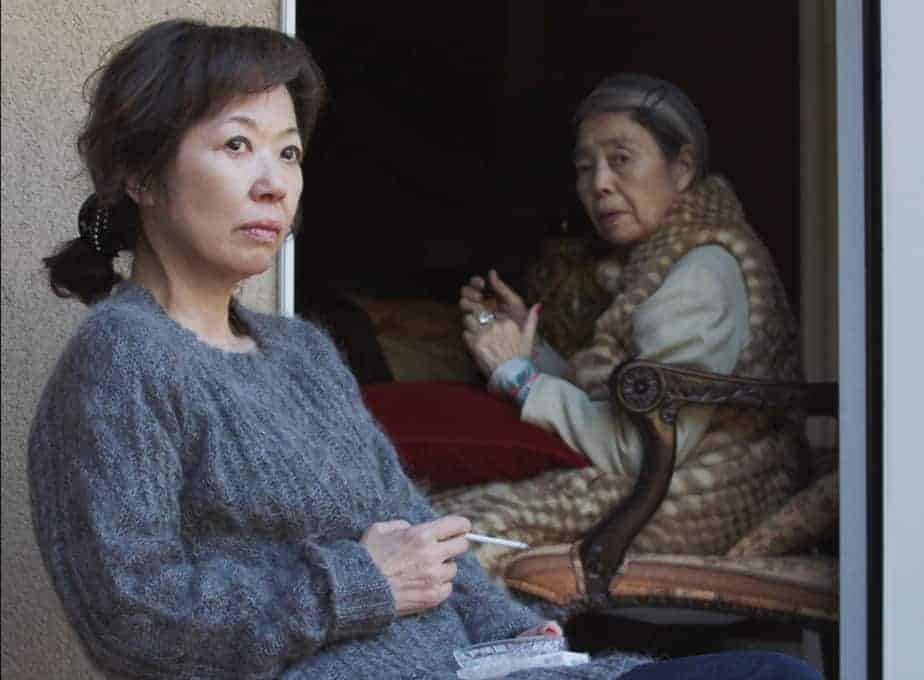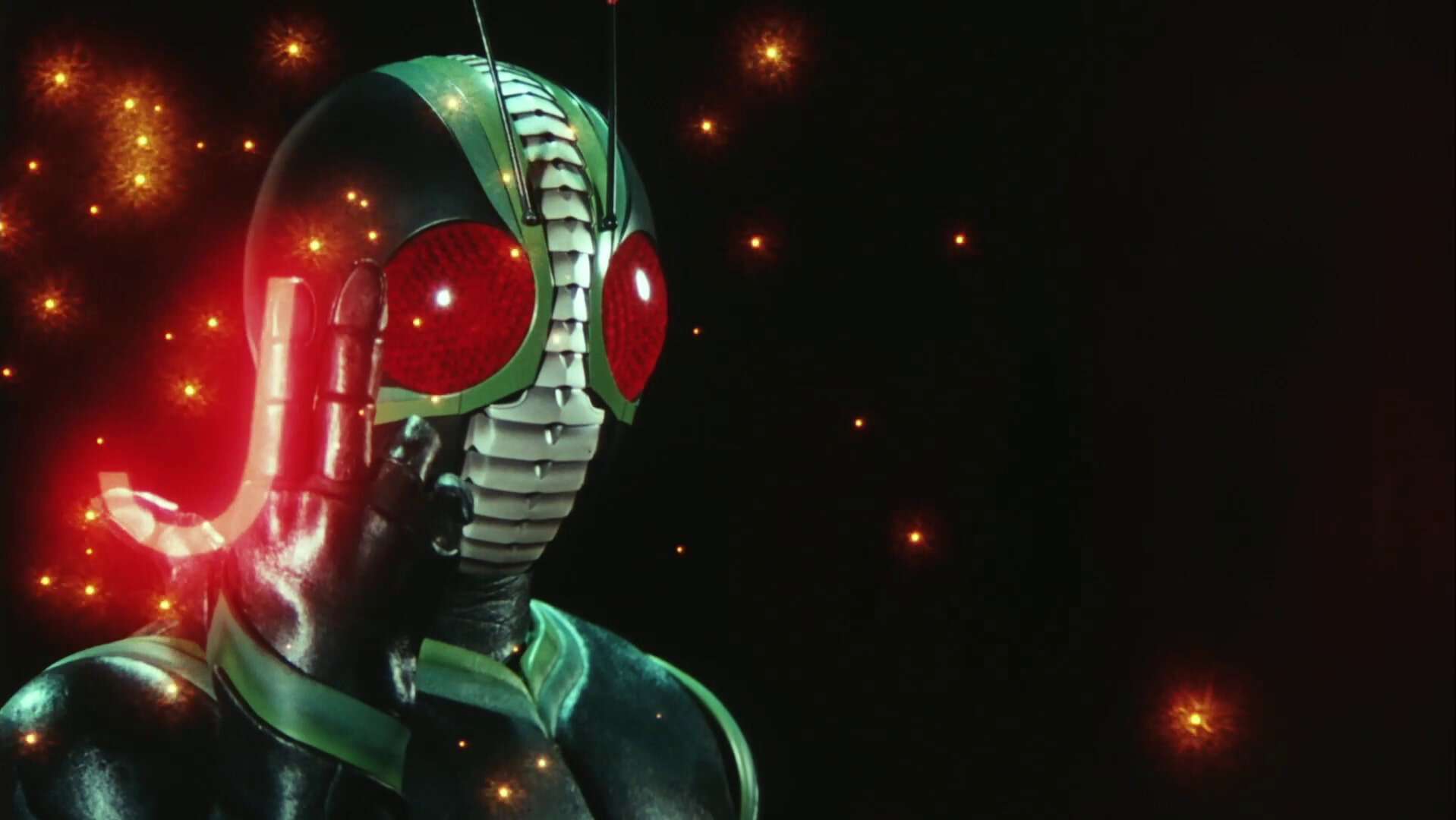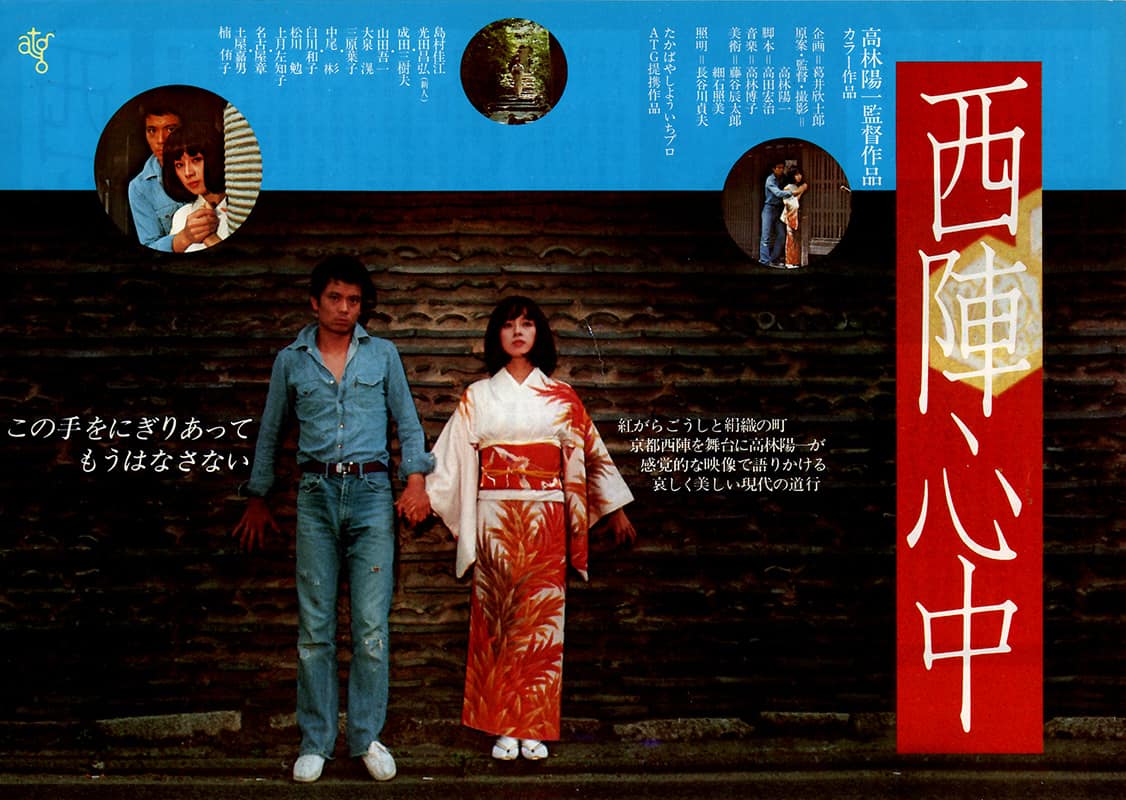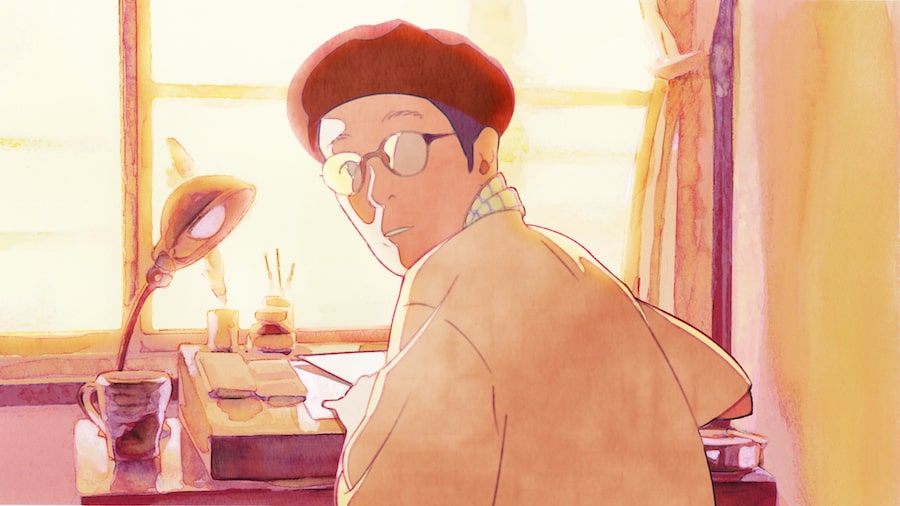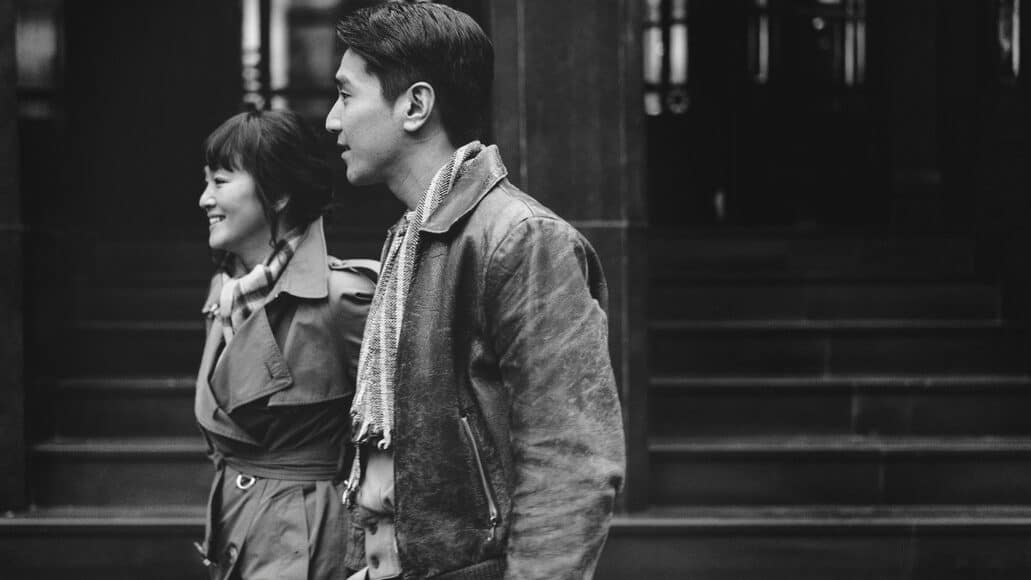In times of trouble, people often lend their hopes to untrustworthy options. “Erica 38” by Yuichi Hibi, tells such a fairytail, that turns out to be nothing more than a big scam.
“Erica 38” is screening at Japan Cuts 2019

The story of betrayal starts with Satoko Watabe, a 60-year-old con artist who does not flinch from duping others to get their money. “Erica 38” retells her life starting from her violent childhood with an abusive father and portraits Satoko's actions as a result of her psychological disorder. Since a teenager, she a disturbed relationship with men. When Satoko meets Hirasawa, a good-looking and eloquent middle-aged man, she falls for him and becomes part of his pyramid scam system with her at the top. From that point on, she has to attract solvent members and benefit from their investments without giving back the promised dividends. Her former hostess lifestyle is no longer necessary and she becomes the wife of Hirasawa. At the height of her wealth, the house of cards crumbles and the well-behaved lenders question the system. Traced by the financial police, Satoko flees to Thailand. But the short intermezzo does not last long and soon her fairytale is about to end, too.
Director Yuichi Hibi, who previously did “Ken San” (2016), a documentary about Ken Takakura, shows a psychological lead role. Miyoko Asada (“Free and Easy” – Series) as Satoko reflects stoicism even in the face of downfall. She is able to convincingly show the decay of her character, as Satoko falls deeper and deeper into a hole of self-denial and loss of reality. The film uses many flahbacks which can be a bit confusing. As the investigators try to retrace Satoko's scam after her detention, we get to see interviews with the victims and close friends.

The pictures of cinematographer Hiroo Takaoka are scrambled by light and shadow, contrasting the bright mask that Satoko shows in the public and the dark side of her real intention. Time is being manipulated by slow motion or time-lapse sequences, supporting the loss of reality of the lead role. The overall tone of the scenes is low key brownish sepia coloration. Via these stylistics, the cinematography empathizes the dirty business that plays out in front of our eyes.
Worth mentioning is also the last appearance of Kirin Kiki (“Shoplifters”, 2018) as Satoko's mother. Although her role is a very small one, and her time on screen very brief, she just happens to say “I'm fine as it is” as an answer to Satoko's offer to join her in suicide. This mirrors the whole atmosphere of this somewhat dark and sad drama. People often cannot change. And as long as people are desperate, their will be other people who are willing to exploit on their desperation.
Yuichi Hibi delivers a crime drama with a script that can been confusing at times, but succeedes to touches us with its deep emotional core.


